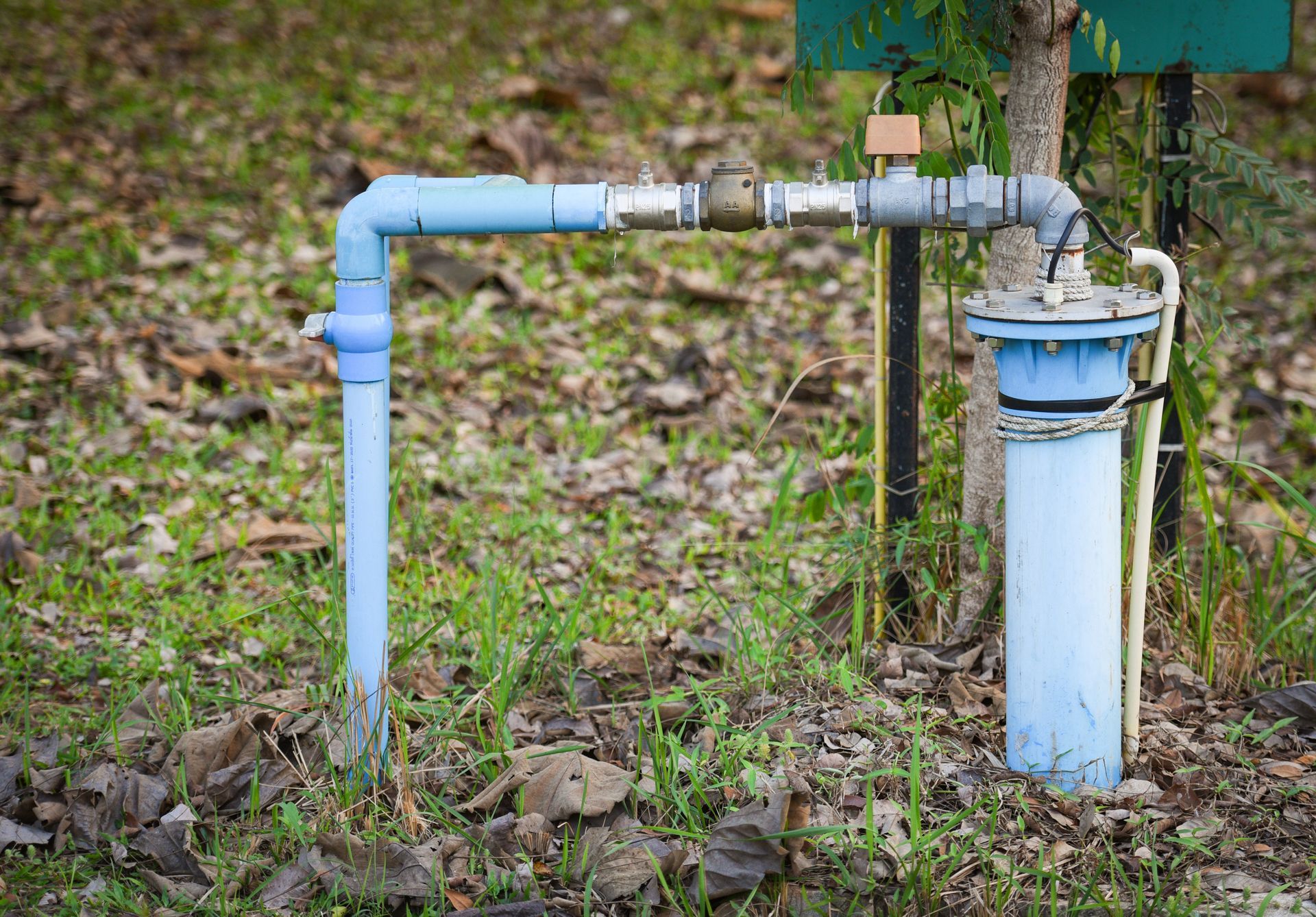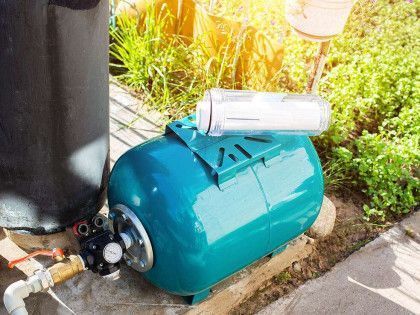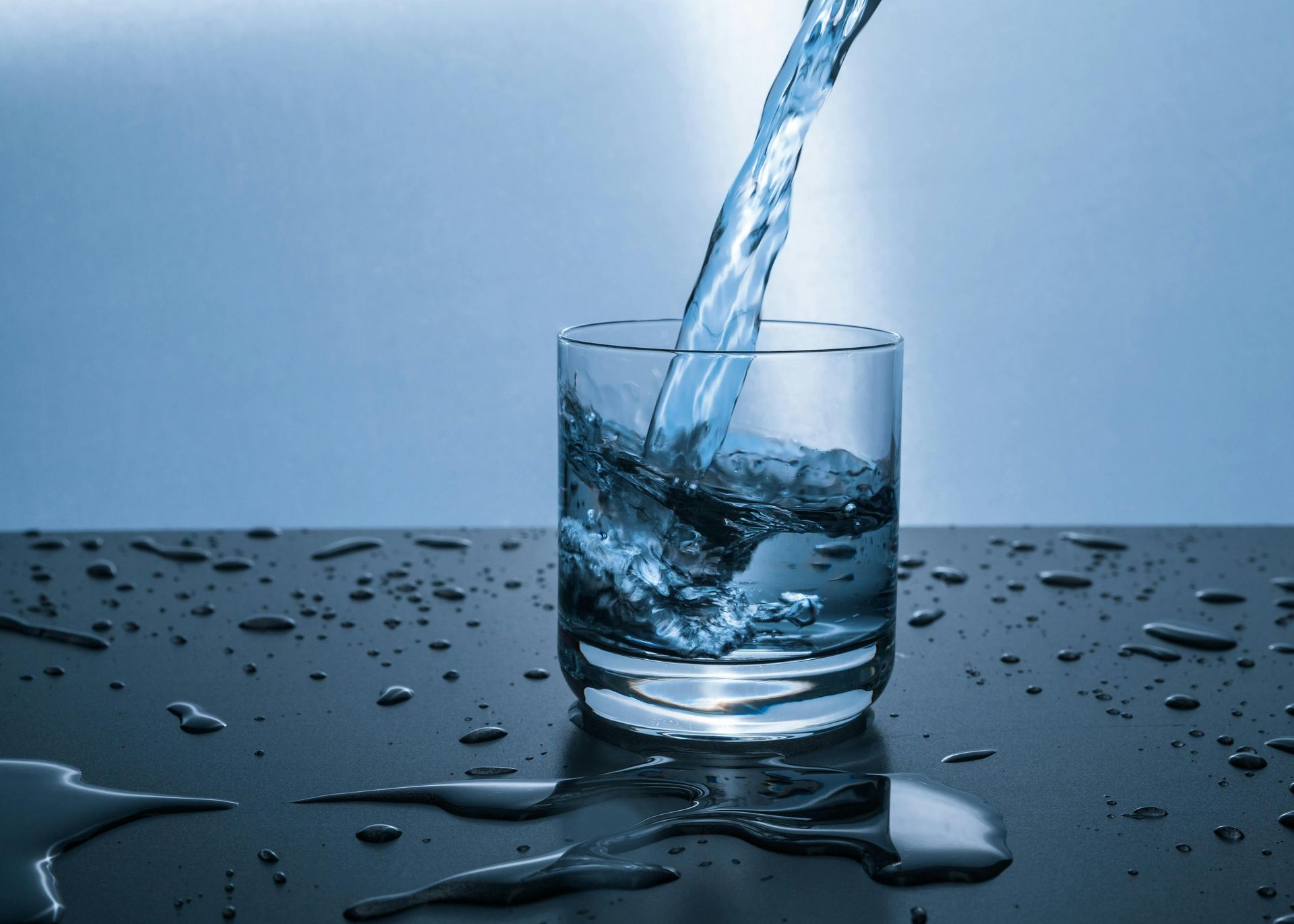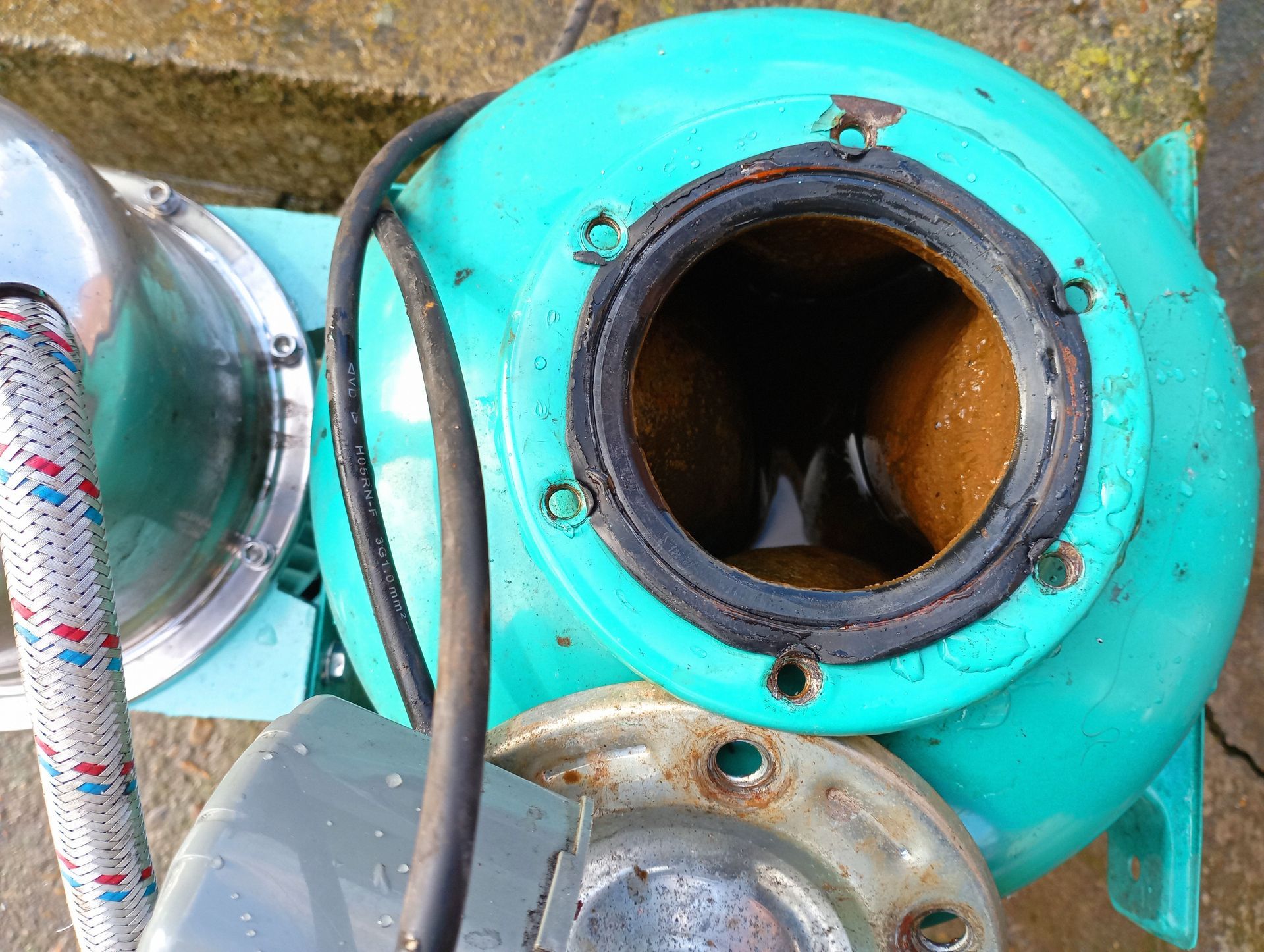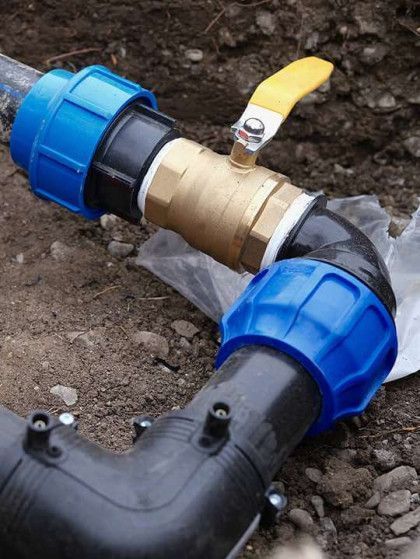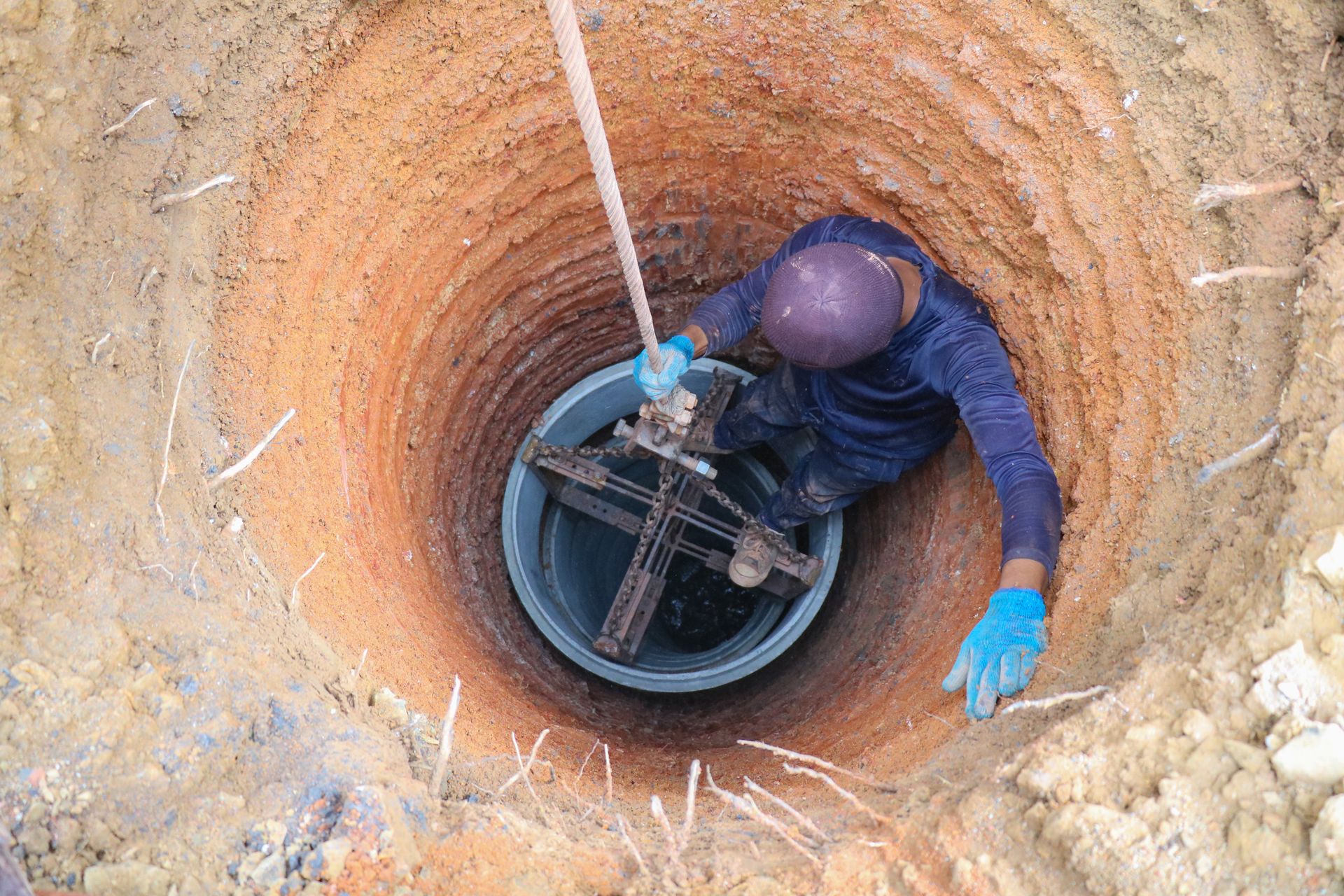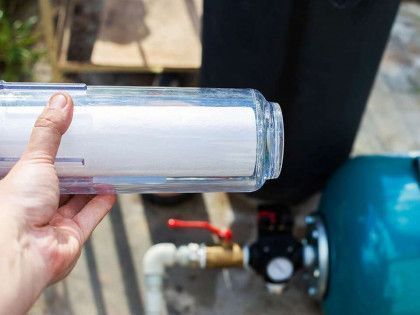Blog
Common Water Quality Issues Found in Well Water Testing for Homes
When you rely on a private well for your household water supply, ensuring that your water is safe and clean becomes your responsibility. While well water is often fresh and free of some of the additives found in municipal supplies, it can also contain contaminants or mineral imbalances that affect both safety and quality. That’s why
well water testing is crucial for every homeowner who depends on a well.
At Tulia Well Service, we understand how important clean, healthy water is for your family’s everyday life. This article explores the most common issues uncovered during
water testing for homes, why they matter, and how regular testing can protect your household.
Why Well Water Testing Matters for Homeowners
Unlike municipal water, which is regularly monitored and treated, private well water is not overseen by any government agency. This means the responsibility to test, maintain, and treat your water supply falls solely on the homeowner.
Regular well water testing helps identify contaminants and potential health risks early. It also allows you to detect conditions that can damage plumbing systems, reduce appliance lifespans, or make water taste or smell unpleasant.
Some of the most common problems that show up in
water testing for homes include bacterial contamination, chemical pollutants, high mineral content, and changes in water hardness. These issues can impact both your health and the performance of your home's plumbing system. By conducting routine
hard water testing and full-spectrum well water analysis, you can stay informed about what’s in your water and take corrective action before issues escalate.
Common Contaminants Found in Well Water
One of the first concerns for homeowners is whether their well water is safe to drink. Contaminants often come from natural sources, agricultural runoff, or nearby septic systems. Some of the most frequently identified issues during
well water testing include:
- Bacteria and microorganisms: Coliform bacteria, E. coli, and other pathogens may enter wells through cracks in the casing or from nearby sources of contamination. These can cause gastrointestinal illnesses if left untreated.
- Nitrates and nitrites: Often associated with fertilizer use or septic systems, nitrates are particularly dangerous for infants and pregnant women, leading to health complications like “blue baby syndrome.”
- Arsenic: Naturally occurring in some soil and rock formations, arsenic is a toxic substance that can increase cancer risks when consumed over time.
- Pesticides and herbicides: Runoff from agricultural land can leach into groundwater supplies, bringing harmful chemicals into your household well.
- Heavy metals: Lead, mercury, and copper may enter your water from corroding plumbing or surrounding geological formations.
Regular water quality testing is the only reliable way to detect these invisible threats, since many of them have no taste, smell, or color.
Understanding Hard Water and Its Effects
Another common result from
well water testing is the discovery of hard water. Hard water contains elevated levels of calcium and magnesium, which, while not harmful to health, can cause a range of household problems.
Signs of hard water include:
- Soap scum buildup in showers and sinks.
- Spots or streaks on dishes and glassware.
- Reduced effectiveness of soaps and detergents.
- Scale deposits inside plumbing, water heaters, and appliances.
- Dry skin or hair after bathing.
Conducting hard water testing can reveal whether your home is dealing with excessive mineral content. If so, water softeners or treatment systems can be installed to protect your plumbing and improve daily water use.
Hard water can shorten the lifespan of expensive appliances like dishwashers and washing machines, meaning that testing and addressing the issue saves homeowners money in the long run.
Aesthetic Issues: Taste, Odor, and Color
Even when water is free from dangerous contaminants, it may still have aesthetic issues that make it unpleasant to use. Many homeowners in Tulia, TX, and surrounding areas notice the following problems when their water is tested:
- Iron and manganese staining: These minerals often cause reddish-brown or black stains on sinks, toilets, and laundry. They can also give water a metallic taste.
- Sulfur odors: Hydrogen sulfide gas can create a “rotten egg” smell in water. While not typically harmful, it makes water undesirable for drinking or cooking.
- Cloudiness or discoloration: Sediment, tannins, or organic material can make water look dirty or yellow, raising concerns about its purity.
Addressing these issues often involves specialized filtration systems designed to improve water clarity, taste, and smell. Regular well water testing ensures you identify the source of the problem so you can install the right solution.
How Often Should You Test Your Well Water?
The U.S. Environmental Protection Agency recommends that private well owners test their water at least once a year for bacteria, nitrates, and other contaminants of concern. However, in areas like Tulia, TX, where agriculture is widespread and groundwater conditions can change, more frequent water testing for homes may be necessary.
You should also schedule well water testing immediately if:
- There is a sudden change in water taste, odor, or appearance.
- Your household has recurring unexplained illnesses.
- There has been flooding or nearby construction that could affect groundwater.
- You have installed new plumbing or replaced well components.
Routine hard water testing is also beneficial if you notice limescale buildup or other symptoms of mineral-heavy water. Regular water quality testing helps you stay proactive rather than waiting for problems to arise.
Protect Your Home with Professional Well Water Testing
At Tulia Well Service, we specialize in helping homeowners in Tulia, TX, and nearby areas protect their families through professional well water testing. Our team has the expertise and equipment to detect contaminants, measure water hardness, and recommend effective solutions to ensure safe, clean, and great-tasting water.
If you rely on well water, don’t wait for problems to surface—be proactive. Call Tulia Well Service today at (806) 627-8106 to schedule reliable water testing for homes, well digging, and pressure tank replacement. We’ll provide detailed results and guidance so you can make informed decisions about your water supply.
FAQs
How often should I test my well water?
You should test your well water at least once a year for bacteria and nitrates. Additional tests may be needed if you notice changes in your water’s taste, smell, or color.
What is the difference between well water testing and hard water testing?
Well water testing looks for contaminants such as bacteria, chemicals, and heavy metals, while hard water testing specifically measures the level of minerals like calcium and magnesium.
Is hard water dangerous to drink?
No, hard water is not harmful to your health. However, it can damage plumbing, reduce appliance efficiency, and cause cosmetic issues like soap scum and mineral stains.
What should I do if my water test shows contamination?
If contamination is detected, a professional can recommend solutions such as filtration, disinfection, or water softening systems tailored to your home’s needs.
Why should I hire Tulia Well Service for water testing?
Tulia Well Service provides accurate testing, expert advice, and local knowledge of groundwater conditions in Tulia, TX. We make sure your water is safe, clean, and reliable.
